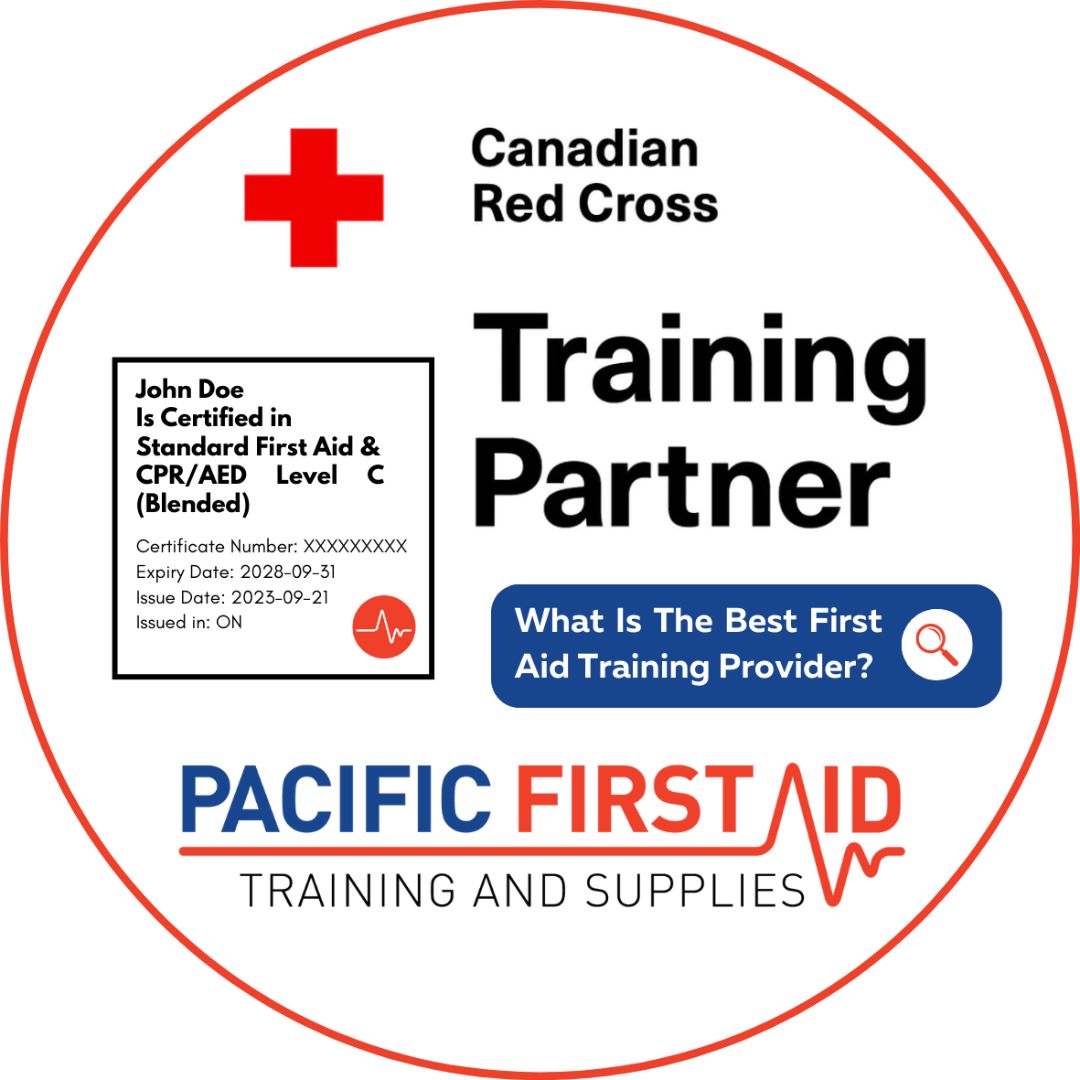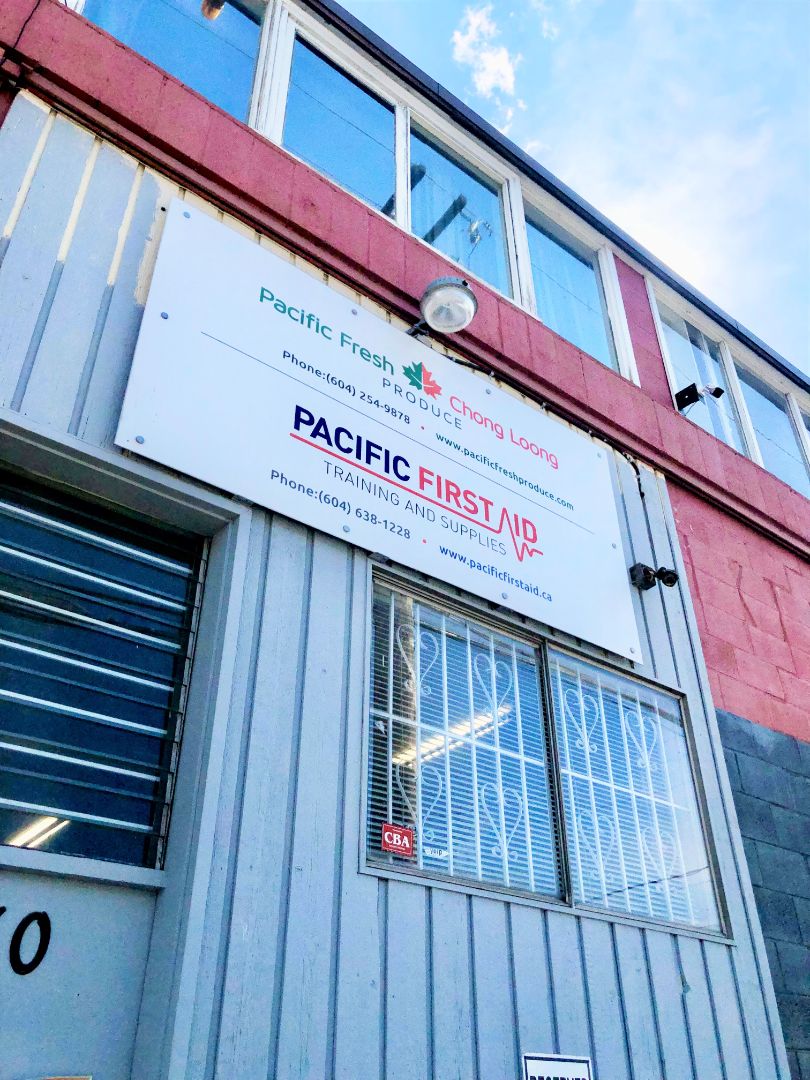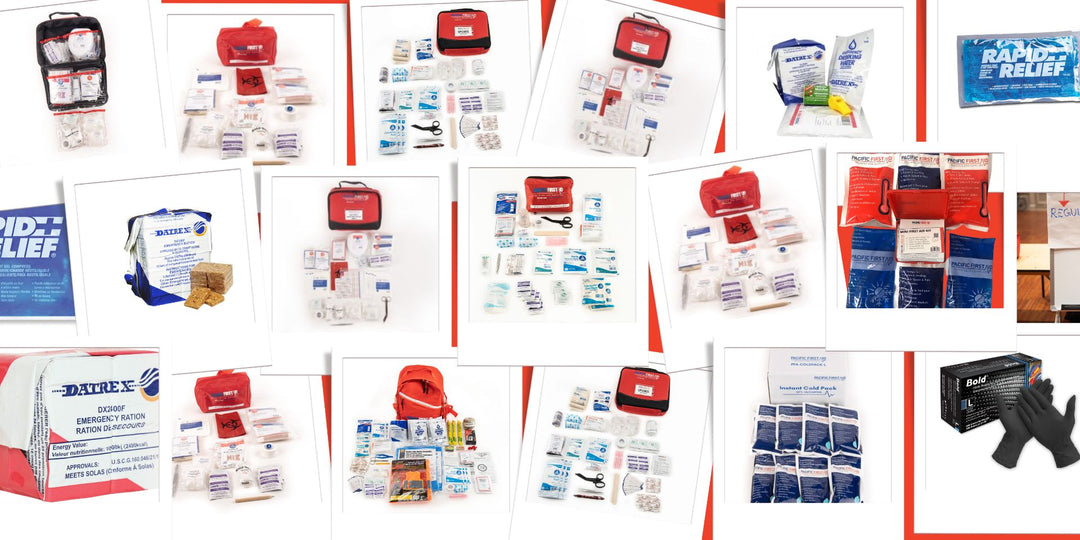
Year-old food rules receive praise
Photo Credit: Ben Amaral
The new rules, which replaced 14 commodity-based food regulations, are said to be the largest regulatory reform initiative in Canadian history.
Cancellation of an Ontario meat processor’s licence under the regulations has created capacity shortages in the province
The Canadian Food Inspection Agency conducted 3,306 investigations between Jan. 15, 2019, when new food regulations came into force, and Jan. 8, 2020.
New regulations, focused on prevention and aimed at allowing for faster removal of unsafe food from the marketplace, are largely praised one year after being introduced.
Replacing 14 existing commodity-based food regulations, the new regulations represented the largest regulatory reform initiative in Canada’s history, according to the CFIA.
“It all speaks to the whole health of health of the food in Canada, the safety of food in Canada, and the fact that our inspection system is amongst the best in the world. These regulations and others that come into play, make it that way,” said Ontario Senator Rob Black, who spent his career in the agriculture industry.
Jorge Correa, vice-president of market access and technical affairs for the Canadian Meat Council, congratulated CFIA for doing proper consultations before coming out and implementing the new regulations.
“It takes some time, it takes some training as well,” he said, noting the changes are part of a changing culture focused on food quality.
Since coming into force, more than 9,000 Safe Food for Canadians licences were issued by CFIA.
The 3,306 investigations resulted in more than 20 suspensions for non-compliance. According to CFIA, an investigation is conducted if there is a reason to suspect a product could pose a risk to consumers.
Likely the most notable suspension thus far was issued to Ontario-based Ryding-Regency Meat Packers in September 2019, which had its licence cancelled altogether near the end of 2019. In issuing the cancellation, CFIA charged, “that a risk of injury to human health may result if the licence holder continues to conduct an activity that is identified in their licence.”
Citing “false or misleading information” given to them during an E. coli probe, CFIA officials pulled the federal slaughter, processing and export licences from the company.
That cancellation added to already growing concerns over what Ontario cattle producers called at the time a “critical processing capacity shortage” and left them seeking additional markets and feeding cattle longer than anticipated.
Beef Farmers of Ontario said in a statement that the situation with the plant closure, “was a compliance issue, independent of old or new legislation. Our industry fully supports strict compliance to all inspection requirements.”
The organization declined to comment further.
Black, who has raised the issue of packing capacity with the federal government, continues to call for a short-term solution to deal with the issue as well as a long-term strategy to ensure there are an appropriate number of packing facilities.
“Ryding Regency being closed here in the fall, although that’s in Ontario, that’s a national issue. That’s a national crisis in my mind because they took animals from Quebec and from the Atlantic provinces,” he said.
Now, new requirements are coming into force for the fresh fruits and vegetables sector, as well as the manufactured food sector.
These new regulations, which came into force Jan. 15, include traceability requirements in the fresh fruit and vegetable sector and subject the manufactured food sector to licensing, preventive control, preventive control plan and traceability provisions.
“We want to continue making our food safety system the safest possible by focusing on prevention,” said Tammy Switucha, CFIA’s senior director of the food program integration division. ”We want to allow for the faster removal of unsafe food from the marketplace and we want to protect Canadians from foodborne illnesses by ensuring that that food is produced and sold, and all risks are prevented before Canadians bring them home.”
Sourced Form: D.C. Fraser - Western Producer
For more food safety news, food safety training, first aid training, first aid courses and first aid gear visit us at: Pacificfirstaid.ca






